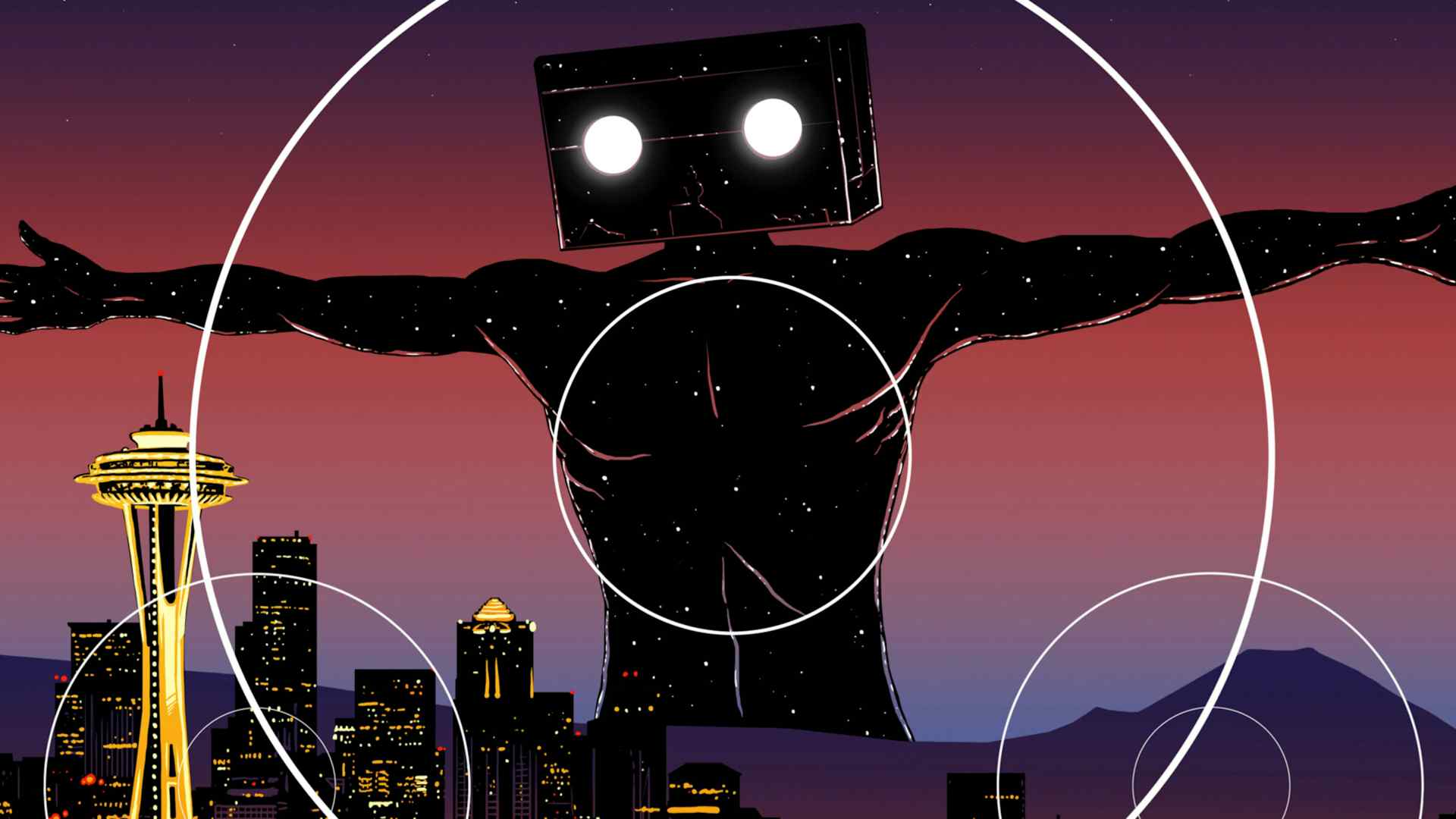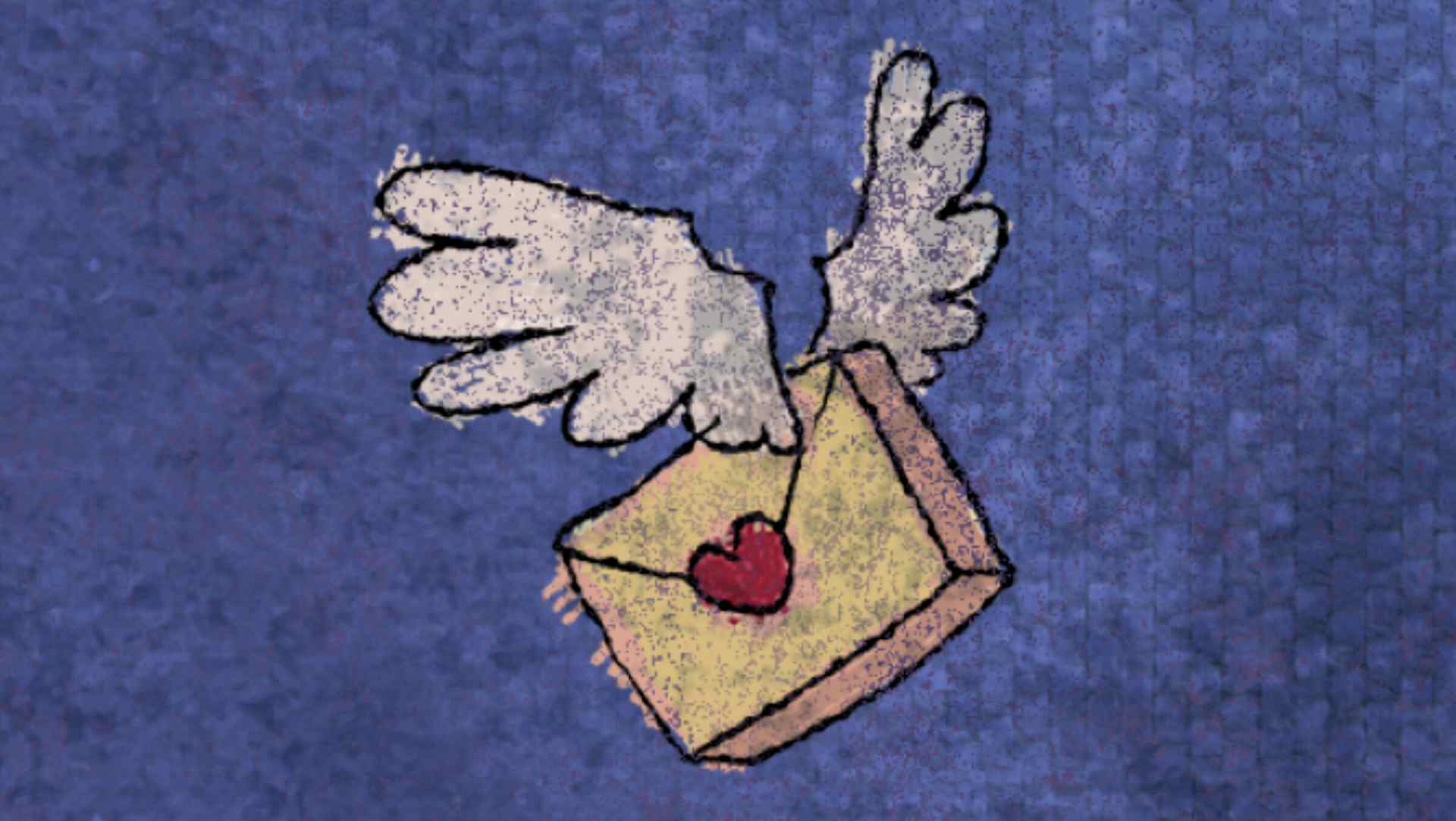Robert Horton is a Scarecrow board member and a longtime film critic. This series of "critic's notes" is chance to highlight worthy films playing locally and connect them to the riches of Scarecrow's collection.

Something on the newest Universal monster movie here. It goes without saying that Scarecrow has a robust "Werewolves" section under its Horror umbrella—something to keep in mind if the new movie puts you in a full-moon mood.
Wolf Man
If horror movies of the past could be read for their fascinating metaphors and cool psychosexual subtexts, we are now firmly in the era of the fully conscious horror picture: subtext is text, and there's no question that smart filmmakers like Leigh Whannell are working out psychologically complex—well, complicated, anyway—ideas in these movies. The Invisible Man, his terrific 2020 title, was proof of how strong such an effort could be.
Whannell's Wolf Man is thus, in a way, another "thinking man's horror film," thoughtfully imagined and carefully assembled. All of which puts me in a nostalgic mood for the more intuitive attack of horror, the kind where those suggestive metaphors come out of crazy energy, popcorn instincts, and maybe a vague familiarity with Freud—something like what screenwriter Carl Siodmak cooked up when he threw together gypsy (or "gypsy") culture, silver bullets, a piece of poetic doggerel ("Even a man who is pure in heart…"), and access to Universal's fog machines—the result of which was the handsome, daft, and weirdly insinuating The Wolf Man, in 1941.
There's not much of that kind of inspiration on display in Wolf Man, although a title card makes reference to the Native American (or "Native American") legend of the "Face of the Wolf," which sounds like a promising nugget of hugger-mugger. But this is a sober film that sets its premise early and has its main action—the familiar werewolf beats of forest, bite, transmission, and transformation—unfold over the course of a single night. Whannell and co-writer Corbett Tuck don't even give us the satisfaction of a full moon exerting its gravitational pull—the film's got too much on its mind for that. The single-night structure is somehow a bummer; the lycanthropist in me wants to see some kind of gradual unfolding. But I'm willing to admit this might be my prejudice.
The night in question is preceded by a prologue in the 1990s: In a remote house in the Oregon woods, a harsh father (Sam Jaeger) teaches his son Blake (Zac Chandler) about hunting, and we understand that the boy is insufficiently aggressive for his father's standards. Also, there's a beast out there that can walk upright.
Cut to Blake's adulthood, in which he is a househusband (Christopher Abbott) to journalist wife Charlotte (Rebecca Garner) and father to adoring daughter Ginger (Matilda Firth). He receives news that his father has been declared dead after years of absence, and that the old Oregon house is available for our central trio to visit and clean up. That's the set-up, and except for the brief appearance of a woodsman named Derek (a woodsman named Derek??) the rest of the film will stick to its stripped-down situation, the better to deal with the issues of Blake's questioned masculinity and the remaining tension of father-son trauma, all of which will be resolved through action and blood.
After being bitten, Blake's decomposing state is such to suggest Whannell was impressed by David Cronenberg's The Fly (although it means this may be the first werewolf movie in which the monster loses hair). But the starkness of the setting leads to monotony, and the themes are so prominent they remove any real mystery from the air. Those themes are neatly worked out—there's a shot repetition, from prologue to climax, that is really quite moving—but they don't truly sing, or howl.
Whannell has one cool visual/aural invention: the idea that as Blake's journey into man-wolf accelerates, he sees and hears things in a distorted, canine way, something that comes to life within shots that curve from human perspective to Blake-Dog vision and sometimes back again. Great concept, and slightly crazy—Curt Siodmak might've liked it.
January 17, 2025


